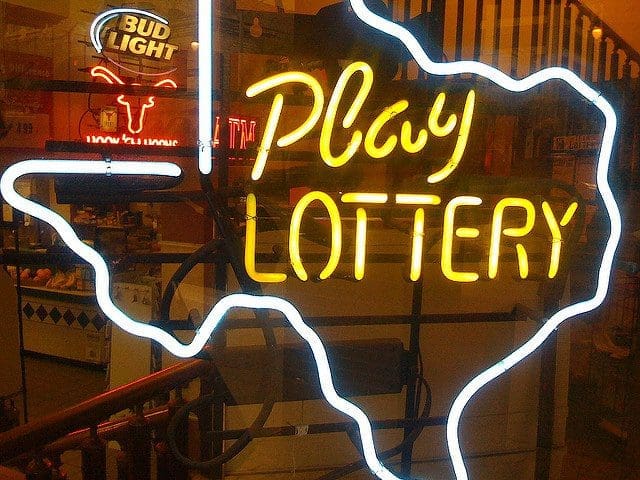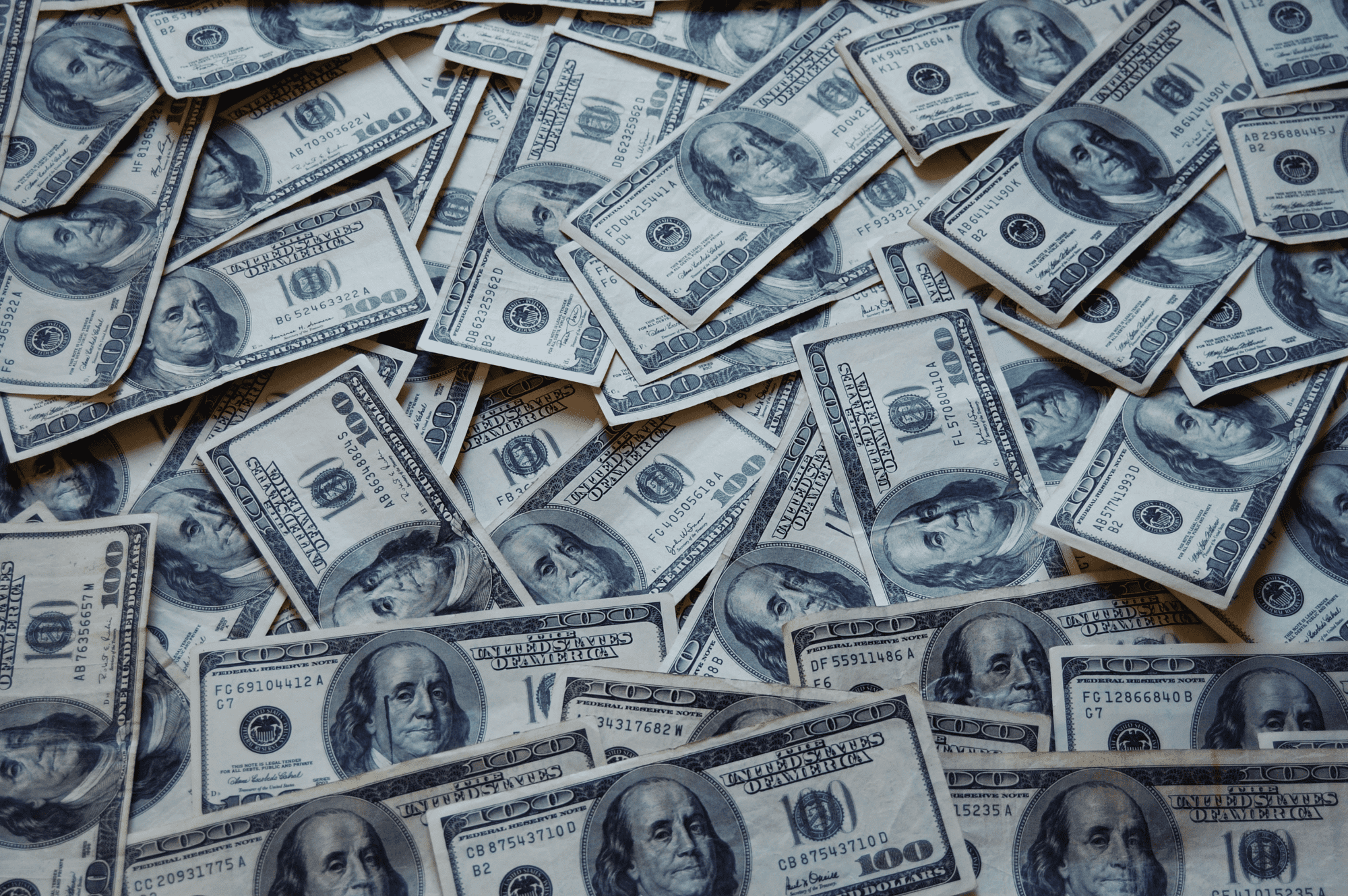In January 2021, a million-dollar ticket was printed in Waco for an illicit lottery ticket reseller, Lottery.com.
Instead of a winner coming forward immediately, the ticket was shrouded in secrecy. According to the Comptroller’s database of lottery payments, the jackpot went unpaid until fourteen days after the 180-day deadline to cash a winning ticket.
The winnings were claimed anonymously through the mail by an individual from Shanghai, China.
Regarding this pattern of play, the Texas Lottery Commission was and remains uninterested in questionable buying and redemption behavior.
The Lottery Commission should have viewed the $1 million ticket as suspicious in 2021 based on public disclosures by Lottery.com. In a press release celebrating the sale of the million-dollar ticket, the company noted it could not locate the winner.
That’s bizarre. The company, which illicitly sold lottery tickets online via an app, in contravention of Texas law and legislative intent, boasted that users could track tickets and “get alerts when you win.” This is according to an archived copy of the company’s website from when the ticket was printed.
The site claimed it could ensure safety by “utilizing industry-leading technology that verifies your identity, age, and location to provide the best and most secure mobile lottery experience.” A year later, an audit conducted by Kostelanetz & Fink of the company’s sales would reveal none of this was true.
They had lost a user, one who had just scored a million-dollar win, and said so publicly. It is unclear if the Texas Lottery Commission could be bothered by the circumstances.
Texas Lottery spokesman Steve Helm claimed via email that the $1 million ticket was postmarked by the 180-day deadline, so they sent the money two weeks after the 180-day deadline to redeem the ticket. He did not respond when asked if his assertion was based on reviewing documents that could support the claim.
According to a letter recently sent to the Lottery Commission, the ticket sat in Ryan Dickinson’s desk drawer for five months before it was allegedly sent to China for a signature. Dickinson’s involvement is noteworthy for a few reasons.
In 2022, according to SEC filings, Dickinson, then-CFO of Lottery.com, was fired for illegally selling lottery tickets. These sales were disclosed to the Texas Lottery in June of 2022.
A week before the $1 million ticket was purportedly sold via Lottery.com’s app, its retail partner in Waco—ALTX Management—printed two back-to-back $50,000 lottery tickets. Ryan Dickinson, according to payout records, cashed both of them at a claims center in Austin.
According to Helm, the Texas Lottery did not investigate Dickinson or these ticket sales because they were not suspicious.
They should have been.
According to 2021 SEC filings, Lottery.com said tickets would only be sold to players in the state where they lived. Just a year after these filings, the aforementioned Kostelanetz & Fink audit found the company couldn’t be sure where players were playing and revealed the company was printing Texas tickets for players in other states. Such an act violates state and federal law.
The Lottery Commission may have uncovered this activity if it had been bothered to do its job—police ticket sales in Texas.
Did the rightful buyers of the million-dollar and two $50,000 tickets receive their winnings? An audit of payout methods employed by Dickinson was unclear since he refused to visit with the auditors.
While it’s possible that the million-dollar winning ticket was purchased by a poor soul in Pennsylvania or California, it’s also possible it was printed fraudulently.
The state lottery has been rigged in the past.
In 2017, Eddie Tipton, a Texas native and computer engineer for the Multi-State Lottery Association (MUSL), was convicted of rigging multiple lottery jackpots throughout a decade. He inserted draw numbers into computer code that generated random numbers except on special dates and under certain circumstances.
Those times, it would generate numbers Tipton had embedded in the system. Could the back-to-back $50,000 wins, followed by the $1 million jackpot, represent another manipulation of the MUSL system? Perhaps. Tipton, throughout his trial, was outspoken about vulnerabilities of security systems in place at MUSL.
Coincidentally, the now embattled former Executive Director of the Texas Lottery Commission, Gary Grief, was named President of MUSL in 2016.
Tipton was only caught after he walked into a store to buy a jackpot ticket in full view of a convenience store camera.
A video of a player playing the lottery is the type of security the Texas Lottery Commission, and its leadership has systematically stripped from the sale and redemption of lottery tickets. In the case of the ALTX million dollar ticket, a $95 million stolen jackpot in 2023, and all tickets being sold by illicit lottery resellers, to this day, there are still no such security measures in place.
The other reason Tipton was discovered? The friend he’d given his winning ticket to waited until the last minute to cash it, even after being warned that this is the time when scrutiny of a winner is the highest.
This appears to be the opposite of how things are now run at the Texas Lottery.
The Texas Sunset Commission recently released a first-of-its-kind report on the Texas Lottery’s internal operations. The findings suggested that Grief made up the rules as he went, undermining trust in and the intention for how the lottery would be played in Texas.
There were actually two million-dollar winners in Texas in the drawing, but there was a difference in the number of tickets. The million-dollar winner out of Corpus Christi was a quick pick, meaning the numbers were randomly generated. The ticket printed in Waco was not a quick pick, meaning the player entered the numbers.
Other cases of large jackpot wins that were later proven fraudulent also share the characteristic of a randomly picked winner versus a player-chosen winner.
In 2005, the first drawing in which Eddie Tipton’s deployed code secured a jackpot, his brother and an attorney (whom his brother had consulted) played the same numbers, and a third organic winner had their numbers assigned via quick pick.
While it’s possible that all players at ALTX may register as player-selected numbers, this is another pitfall of allowing illicit lottery resellers to operate in the state.
According to a picture purported to be a copy of the winning ALTX ticket, included in documents recently sent to the Texas Lottery Commission, it was printed on January 13, 2021, at 8:16 PM. The cut-off time to buy a Powerball ticket in Texas is 9:00 PM.
That late printing time at ALTX in Waco matches what auditors of Lottery.com observed when ticket orders placed in other states would be failsafe printed in Texas.
How about the China end of this highly suspect transaction? Recall that the Chinese Communist Party, a hostile threat to American security according to a U.S. DNI report, is notoriously strict about internet and telecommunications traffic into and out of the country. That the ticket was purchased there is highly unlikely.
The mysterious claim of a $1 million ticket by an anonymous buyer in Shanghai, coupled with the Texas Lottery Commission’s apparent willingness to bypass standard procedures, raises serious questions about the integrity of the lottery system.
Texas Lottery officials, in a rush to make playing the lottery frictionless, have made it less secure, less trustworthy, and more prone to fraud.
The Texas Lottery is up for sunset review during the 2025 legislative session.




